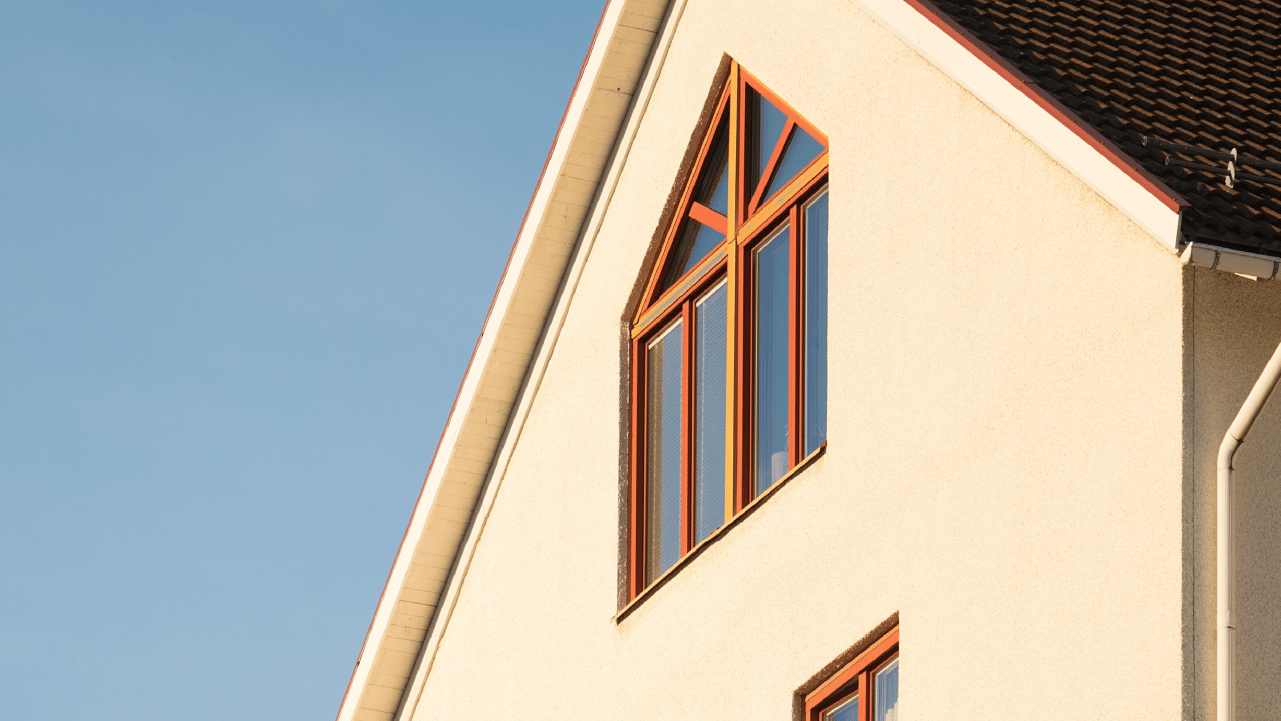Radon is invisible and odorless, which means it is impossible to detect without a radon gas detector.
Radon occurs naturally in the air almost everywhere and is created when uranium breaks down in the soil. However, radon levels are higher in certain areas. Read on to find out if you are living or working in an area with a higher risk of radon, and if so, what steps you should take to address it.
What is Radon?
Radon gas decays into fine particles that are radioactive and can damage the lungs when inhaled. According to the U.S. Surgeon General, Radon is one of the leading causes of lung cancer, second only to smoking. About 21,000 Americans die every year from lung cancer caused by radon exposure. The effects of radon do not immediately present themselves; it takes years of exposure before issues become apparent, so it is important to conduct radon testing to keep yourself safe. Getting in touch with a radon services provider is the most efficient and surest way to detect radon.
Where Does Radon Come From?
Uranium is found in rocks and soil, and when it breaks down, it converts to radium, which eventually decays and creates radon. Soil is porous, so radon gradually moves up through the soil and into homes. It accumulates in the air and can become a health concern over time.
Where is Radon Most Prevalent?
States in the northern United States are at particularly high risk of radon exposure. 31 states have radon levels above 4 pCI/L; the Environmental Protection Agency (EPA) advises taking action, such as by conducting radon testing and installing a radon mitigation system, in areas where radon levels exceed 4 pCI/L.
Only five states (and the District of Columbia) have low radon levels: Arizona, Florida, Mississippi, Louisiana and Hawaii. Iowa has an average radon level of 6.1, which is the tenth highest in the United States, and South Dakota is second highest with an average of 9.6. This is because of our geology and the way our homes are operated. We keep our homes closed or heated most of the year, which can increase radon levels. If you live in the Upper Midwest, you should install a radon gas detector to keep your family safe.
Protect Your Health with Radon Crew
Don’t risk it – make sure your home is safe today. We are dedicated to making sure your home and its occupants are protected from the dangers of radon. Our team will not only test for radon, but also install radon gas detectors to monitor radon levels, and a radon mitigation system to remove it from your home. We will help you find the best solution for your unique situation: At Radon Crew, we offer a host of testing processes differing in duration, budget, and depth of analysis, depending on your particular needs. Radon gas detectors and radon mitigation systems should be at the top of your list to protect your family from radon exposure.
Regardless of the age of your home, radon testing is an urgent matter that should not be taken lightly. Visit our website today to find out more about our radon services so you can keep yourself protected against radon.

